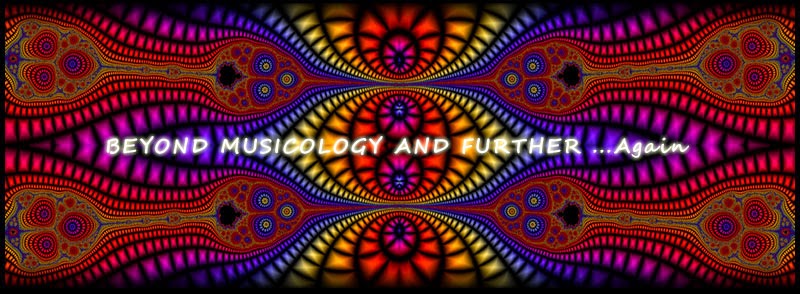At its best, Hull's songwriting featured fluid, deceptively catchy, and pleasing melodies, and rich, deeply evocative phrasing and imagery. His "Fog on the Tyne" remains a classic, a Dylanesque account of life in Newcastle in the late '60s, and he has also written in a more popular vein, with songs such as "Run for Home" (which, with its achingly beautiful chorus, ought to have been an international hit), which sounds almost more like Bruce Springsteen than Bruce Springsteen did. In 1994, he recorded Back to Basics, a live all-acoustic survey of the best of his songwriting from 1970 onward. On November 17, 1995, while working on a new album, Hull died suddenly of what was determined to be a heart thrombosis. Lindisfarne has continued to perform in the years since, and recordings of Hull's have continued to surface from various sources, including radio performances going back to the early '70s. AMG.
listen here
Buy @ Amazon: USA











